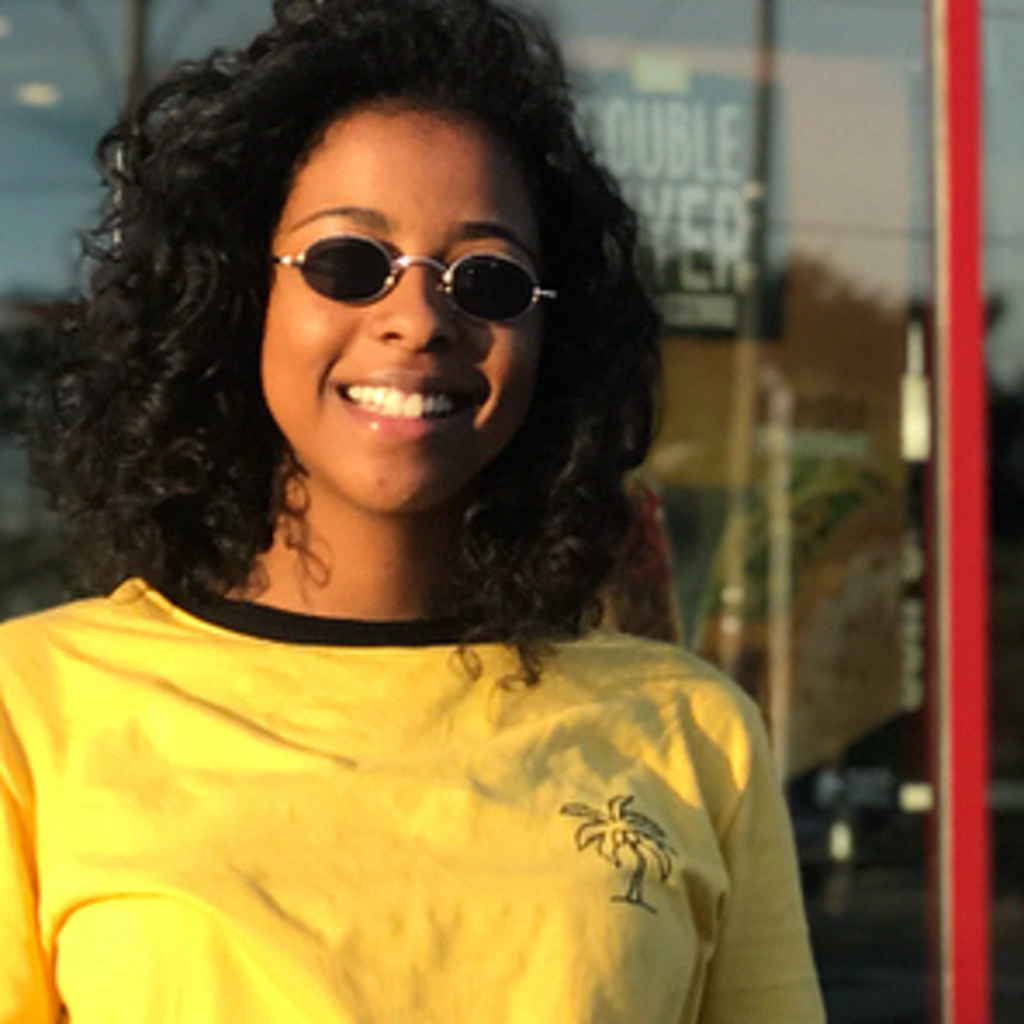DigitalDina Describes The Letter (dun dun dunnnn)
January 05, 2020
This is a message I sent on the politics channel of a slack for high school students interested in tech that i think captures my immediate thoughts on *the letter.* This is a direct copy and paste, therefore it's imperfectly formatted and not very well thought out but I wanted to share because it's an honest, immediate reaction. As is most of what DigitalDina Does :D
very cool discussion on free discourse - based on the current events w the harper's letter: https://youtu.be/uXDPPkuRimQ
it's very very true that it's correct and natural to have limits and constraints of debate, especially when it comes to powerful and influential people. however to create an environment where those who don't have power but want to challenge common narratives feels like they cannot is dangerous.
There is definitely a way to allow people to have the freedom to push against common narratives without endangering or attacking people that have little power and are being affected by the discussion. currently people r talking absolute free speech v. self-censorship which is not the way to go. there is another way to have debates while not infringing on the rights and comforts of other people, however attacking anyone who is called out on twitter for something just to save face as a company is not what companies should be doing.
These companies do not need HR "diversity" leads. they need common sense. if you as an editor cannot tell whether something someone did is racist and should result in a termination, but you go to twitter to figure that out - you not seeing it as racist should indicate that you are just as ignorant as the person you're firing... That said, you cannot be someone who in the past have not only been a racist, bigot, homophobe or hateful in other ways _and gotten away with it bc of the power you hold regardless_ but cry whoa is me - cancel culture! when you get called out. In this case, your opinon deserves to be laughed at.
But if you're a young journalist making opeds that go against the general consensus **that in no way directly harm or infringe the safety of anyone** and is so frightened of backlash at the start of your career that you decide to not exercise your right to analyze the world, that's wrong.
Here's a good example of what I mean: People have every right to express that they do not agree with you but to say that like disagreeing with the tactics of the BLM movement is racist even after writing that you support the basis of BLM's movement but have criticisms for their execution? seriously? while i feel like criticizing BLM's execution in terms of protests etc is not the best thing to be focusing on, ***firing*** someone for criticizing it while supporting it is the dumbest thing I've ever heard. That person is literally helping the movement by giving their view as a journalist that reads, writes and talks to a lot of organizations?!!
We are missing out on so many important insights, criticisms and feedbacks because as a culture, particularly online, we are straying away from stoping people who verge into the territory where their speech harms/infringes on the rights of others, and we're now *just starting* to go after people with unpopular things to say that in no way are harmful or infringing on others, but are just outside of popular discourse... i believe a large factor that is driving us in that direction is that increasingly our debates, discussions, and doubts about the status quo are happening on social media platforms and places on the internet that inherently are designed with restrictions (twitter - character limits, general social media - policies and CoCs that do not leave place for nuance) And we are having those discussions decreasingly in places like traditional newspapers, freeform discussion areas on the internet that place bounds on discussion scope but allows for community consensus and discussion around what is and isn't acceptable on a case by case basis like some forum communities, and in person discussions. While I agree that places on the internet have allowed more voices to be heard that wouldn't have been heard in traditional forms of publication, I think those places are becoming extinct on the internet (like forums) and instead we're having dicussions on platforms that are becoming monopolies that decide how much we can say, what we can and can't say etc (like Twitter). The free-form dicussion that the internet used to be great for is now being replaced by platforms that mimic the closed and limited scope of dicussion that traditional publications tend to have.
I suggest that everyone reading this re-reads it. My argument here is for some aspects of the letter and against others. I think the forms of media that we are so used to reading and sharing restrict the ability to introduce nuance but I encourage people reading my reaction to this letter to appreciate that my feelings toward the letter and this subject at large are multifaceted and (ofcourse) subject to change as I go about experiencing life and learning more.
That's all folks!
> digitaldina

Written by Dina Elhanan who leads the Milton Hack Club (which she founded) and loves working on and hearing about cool projects. She rarely checks social media, so here's her email.